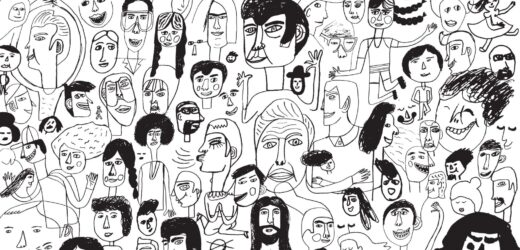When I discovered the ungrading movement a couple of years ago, I realized it fit well with an approach I’d been exploring in my writing classes—one that prioritized student labor, revision, and holistic assessment. I knew this approach had a well-established basis in theory and practice within writing studies (e.g., Elbow, 1994; Inoue, 2019), but I struggled to adapt it to other courses whose goals focused less on writing and more on students’ mastering a body of knowledge. How, I wondered, could I employ ungrading practices in courses where relatively objective assessments like quizzes and exams had an important role in assessing students’ learning?
Ungrading in Content-Focused Courses

- Tags: grading practices, ungrading
Related Articles
I have two loves: teaching and learning. Although I love them for different reasons, I’ve been passionate about...
Could doodles, sketches, and stick figures help to keep the college reading apocalypse at bay?...
We’ve all faced it: the daunting stack of student work, each submission representing hours of potential grading. The...
Storytelling is one of the most powerful means of communication as it can captivate the audience, improving retention...
For some of us, it takes some time to get into the swing of summer. Some of us...
About a year ago, I decided to combine the ideas of a syllabus activity and a get-to-know-students activity....
The use of AI in higher education is growing, but many faculty members are still looking for ways...








